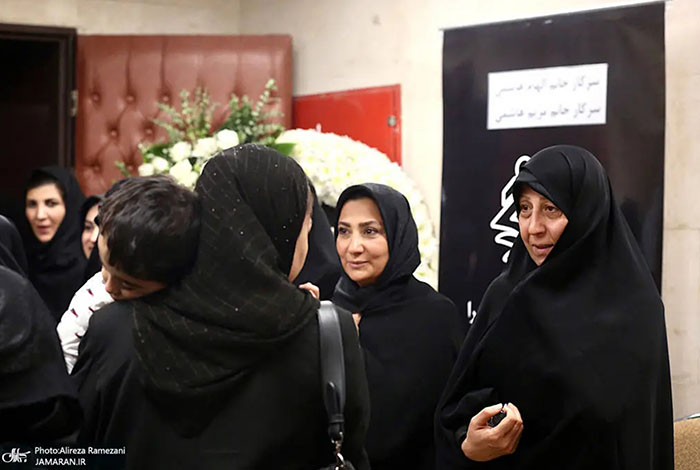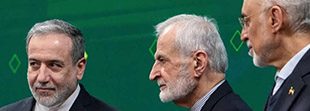His legacy remains deeply debated. To some, he was a calculating politician who survived and thrived under multiple regimes, often prioritizing power and pragmatism over ideological consistency. To others, he was the architect of Iran’s reconstruction, a moderating force within a rigid political system, and a figure who evolved from conservative roots to advocate for openness and reform in his later years.
Rafsanjani’s writings, speeches, and memoirs offer a rich account of the Islamic Republic’s internal dynamics, including the Iran-Iraq War, the rise of factionalism, and the tensions between democracy and theocratic rule. His political journey reflects the larger story of the Islamic Republic—one of revolution, reconstruction, contestation, and continuity.
Contributions to Education and Civil Society
One of Rafsanjani’s lesser-known yet deeply influential roles was in the expansion of higher education in Iran. As the founding chairman of the Islamic Azad University, he oversaw the establishment of hundreds of campuses across the country. This initiative provided access to education for millions of Iranians, particularly in underserved regions. The university became one of the largest private higher education systems in the Middle East, playing a transformative role in shaping Iran’s educated middle class.

